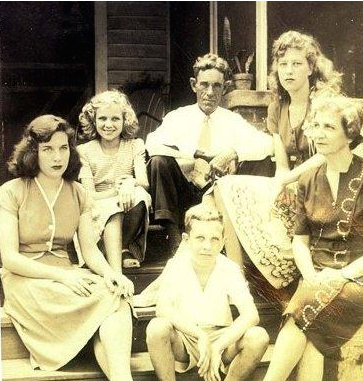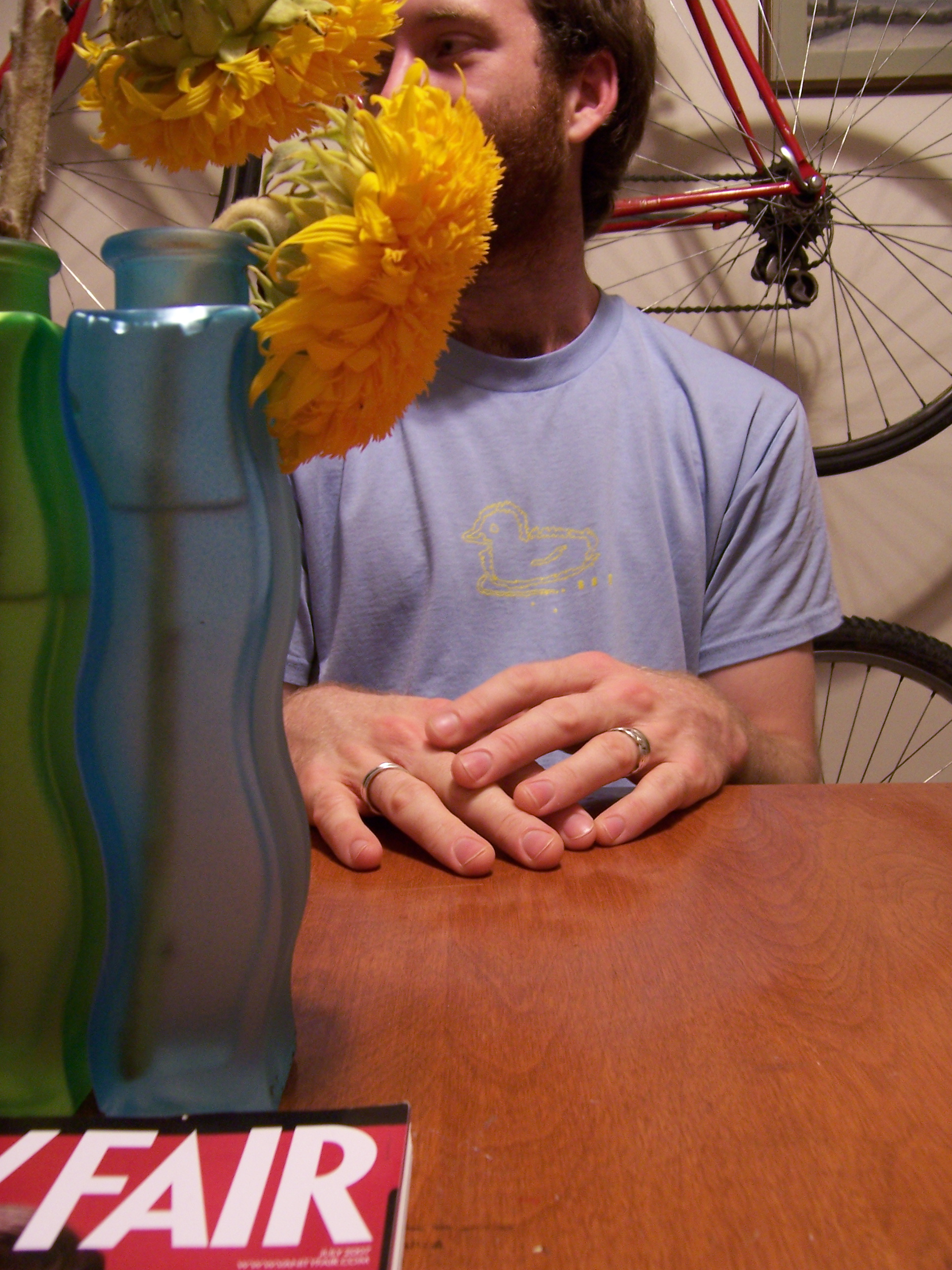Beauty Inherent
Tom Sturch
 Over the years our family has enjoyed a place in Georgia, the farm my mother and her three siblings grew up on. It is in the middle of the state, fifteen miles west of Interstate 75, just outside of Fort Valley on Old River Road. The place names are particular. Some are obvious in their connections like Railroad Street or College Street as the sources of their meanings are still intact. Other names, Five Points, Fox Valley and the name of the farm, Breezy Hill, are less secure and open to interpretation, their corresponding stories lost to time.
Over the years our family has enjoyed a place in Georgia, the farm my mother and her three siblings grew up on. It is in the middle of the state, fifteen miles west of Interstate 75, just outside of Fort Valley on Old River Road. The place names are particular. Some are obvious in their connections like Railroad Street or College Street as the sources of their meanings are still intact. Other names, Five Points, Fox Valley and the name of the farm, Breezy Hill, are less secure and open to interpretation, their corresponding stories lost to time.
But we know Breezy Hill. Our family locates about eighty years of time there. The stories of six generations include formative days on that place. On it we discovered singular aspects of our essence and being as people and family, to wit: why the name Hezzie is revered, why chinchilla means cold house, that Bush Lady is a sister, that cancer is brutal and devastating, that Leader-Tribune means real writing, that the green of spring is the whisper of flushing pecans, and that Bonzite is what it is to truly have dogs.
Signs and signifiers, words and their meanings, in the particular world of lives lived collapse the considerable breadth of time into sensations more brief and powerful as any fusion of atoms in the heart of the sun, and move us to recall and respond with pleasure and pain so precise as to know we are wholly unique, an imprint so recognizable, so relational, so phenomenological, it is a proof of true personhood, essential and there.
Breezy Hill, from anyone's point of view, was once a beautiful place. It is less so now owing to time and its ravages. But even as the physical appearance suffers, there is another way in which time cannot destroy its beauty. It is ransomed from time in the memories of the ones who lived there. The beauty of Breezy Hill now comes in such ways that sentiment and nostalgia are gathered and perfected in beauty transcendent.
Such seeing is the way we come to know beauty in its ultimate, overcoming sense. It is how, counter to any general definition, we can view lived experience, full of joys and heartaches, successes and failures, and count them all good. It is how we can see in the tragedies of those we love the moment that beauty returns. Such familiarity becomes the merciful judgment seat of Truth.
Any general knowledge of the Christ – in his tragic story, in unattractive appearance, in his low position, in his grandiose claims – must report that he is not God since God resides in infinite perfections. He is the inconsistency that proves his falsehood. And yet, for those who know him, who know beauty, these are the very signifiers that resonate in us as most substantial and true. We know he is the Christ because we know what beauty is, because we know its costs.
David Bentley Hart articulates the transcendental concepts of beauty and being in the kenosis (or, outpouring) of Christ better than anyone I've read. I strongly recommend this video to you. I will close with an excerpt:
The experience of the Beauty that awakens us to the special force, to the difference between being and beings, that awakens us to the sheer fortuity of transcendent being's revelation in things, is also a revelation of the originally and ultimately peaceful economy of being. It tells us that between infinite Beauty and finite beauty there is no conflict, no dialectical tension, no betrayal of the divine, rather, Divine Beauty is that transcendent truth of being in which creation graciously participates, and which creation discloses again and again as pure grace.
